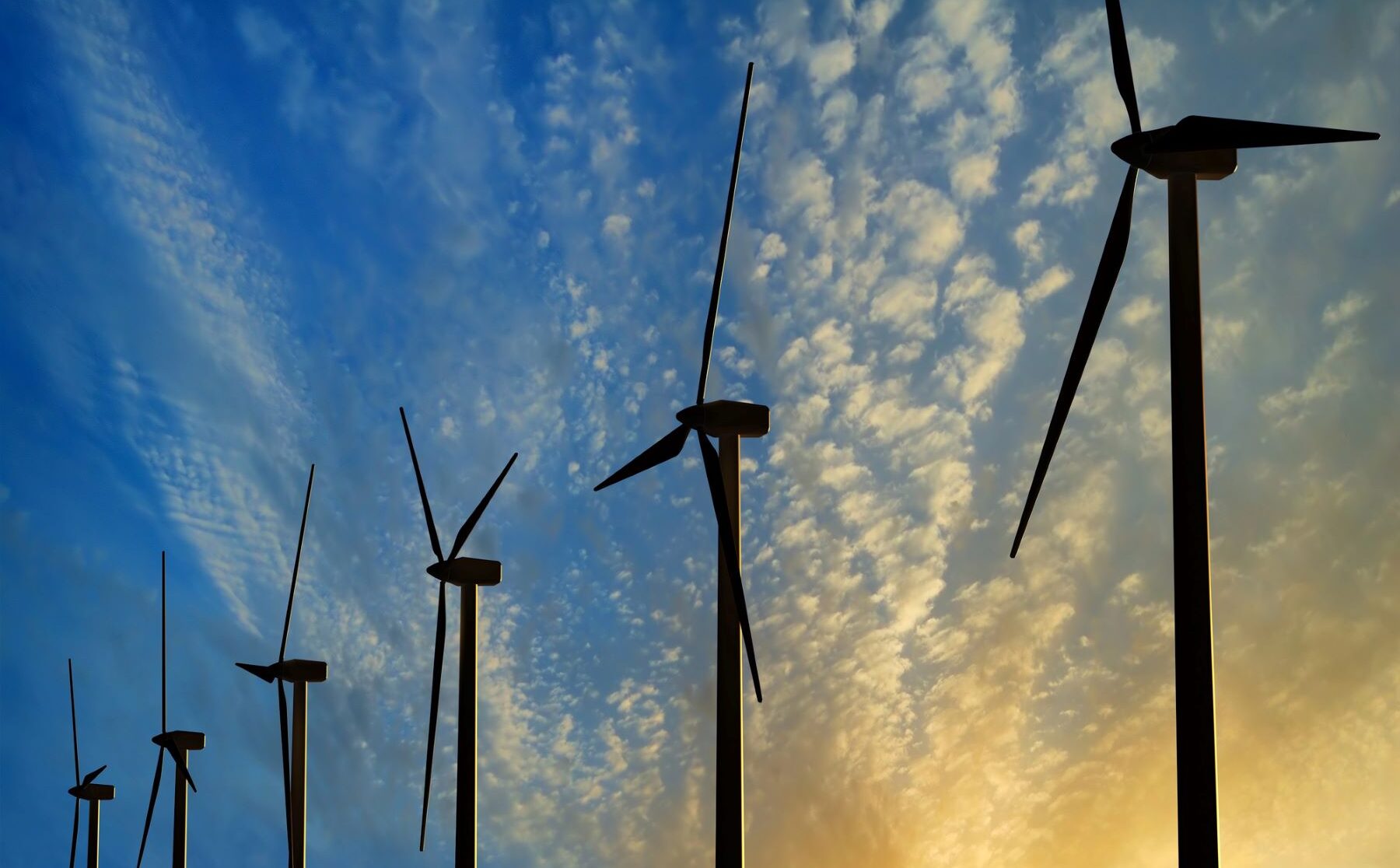María Jesús Lorenzana, Minister of Economy and Industry, recently appeared in the plenary session of the Galician Parliament to inquire what the lines will be strategic aspects of its portfolio in the field of industry and energy (especially regarding the issue of renewable energy sources and the offshore wind energy sector).
The Minister of Economy and Industry, María Jesús Lorenzana, today announced that wind developers in Galicia will at least 50% of energy produced to Galician companies at a stable and competitive price. This measure, he said, will guarantee that 50% of the energy generated remains in Galicia and is excluded from fluctuations in gas prices.
This was announced during his appearance in the plenary session of Parliament to report on the strategic lines of his department in the field of energy and industrial affairs, where he highlighted the role that RDG Comercializadora Gallega de Energía will play in democratize the figure of the PPA (long-term energy purchase and sales contracts) for Galician SMEs, and to offer cheaper electricity to neighbors near the parks in which the company Gestión de Galicia (RDG) participates.
wind sector
In addition to this measure, he also mentioned the updating the Galician wind sector planafter twenty years of validity and after reaching 6,500 MW between operational and authorized parks. A plan that, together with other instruments supporting the industrial map of Galicia, covers a total amount of 1.2 million euros in the budgets for the following year.
Another action that stood out is the repowering of parks with older wind turbines -about 100 parks with about 3,000 wind turbines that will be 25 years old in the next 5 years-. According to him, they will be forced to return to power in the next five years after an 18-month moratorium period.

He recorded them in the Galician landscape over the course of eight years 3,000 wind turbines will be reduced to approximately 600 wind turbines; that is, 80% less. At the same time, and in accordance with the repowering, it was announced that the Xunta will reconsider the wind load, which will be updated, taking into account not only the number of wind turbines, but also the height of each wind turbine.
They are measures, he said, to reduce the environmental impact of the facilities, in line with the principles of the Law of Natural Resources of Galicia and with the objectives of the European Union of decarbonisation, competitiveness, security of supply and sustainability.
“We share objectives with European policies, such as guaranteeing the functioning of the energy buyer and a secure energy supply in the Union; promoting energy efficiency and savings; developing sustainable energy and connecting energy networks and encourage self-sufficiency of crucial minerals,” he said.
Mining rights via call
In this sense, he specified that another strategic line of his department for the legislature, as established in the Natural Resources Law, is the tender for expired mining rightsknowing that Galicia represents 8.2% of Spain’s mining production with a value of more than €282 million.
In this regard, he announced that the Xunta plans to be able to organize the final this year, 60 mining rights between the four provinces (research permits), with priority given to critical raw materials and strategic minerals.
As he explained, the previous analyzes had already been carried out, a list of all expired mining rights (exploration permits, research permits, direct exploitation concessions, exploitation concessions) had been drawn up, and a list of all expired mining rights had been drawn up. preliminary analysis of rights to be included in the call for competition, taking into account aspects such as the type of mining right, the resource, the existence of a prior request for a call for competition, etc.
Turning to the forestry sector, he highlighted the creation of a voluntary carbon credit market, regulated by Galicia’s Natural Resources Law, so that companies and citizens see their CO2 emissions compensated and thus contribute to climate neutrality by financing sustainable projects that pursue these objectives, and by promoting the use of wood through these offsets.
Collaborate with industrial sectors
Lorenzana defended an industrial policy based fundamentally on cooperation with the industrial sectors to strengthen the weaknesses of the different types of industry and expand their value chains; strengthening self-sufficiency with indigenous raw materials and closing production cycles in Galicia.
Next to accelerate the administrative procedures of strategic projects for the community, through the General Secretariat of Industry and Energy Development and the Economic Office of Galicia, depending on Igape; and quickly make commercial land available for the establishment of industry in Galicia.
In this context, he recalled other measures included in the budgets related to industrial land planning, such as the new figures Zones for Acceleration of Business Projects and Land (ZAPES) or Rural Industrial Zones (ZIR) for municipal councils with less inhabitants. than 20,000 inhabitants. And in the same way he mentioned the creation of the Innovation hub for maritime renewable energy and energy storage in Galicia, with its epicenter in the CIS Ferrol.
Lorenzana announced that the wind developers in Galicia They must provide local companies with at least 50% of the energy generated, at a stable and competitive price.

